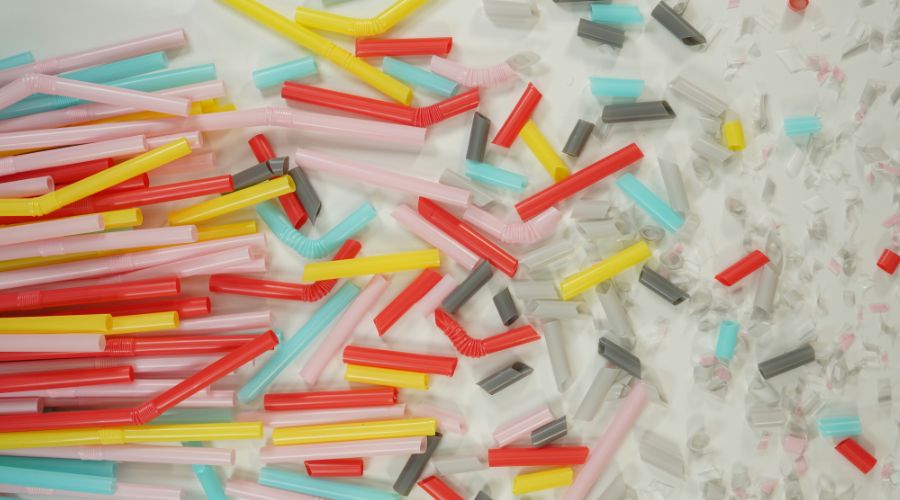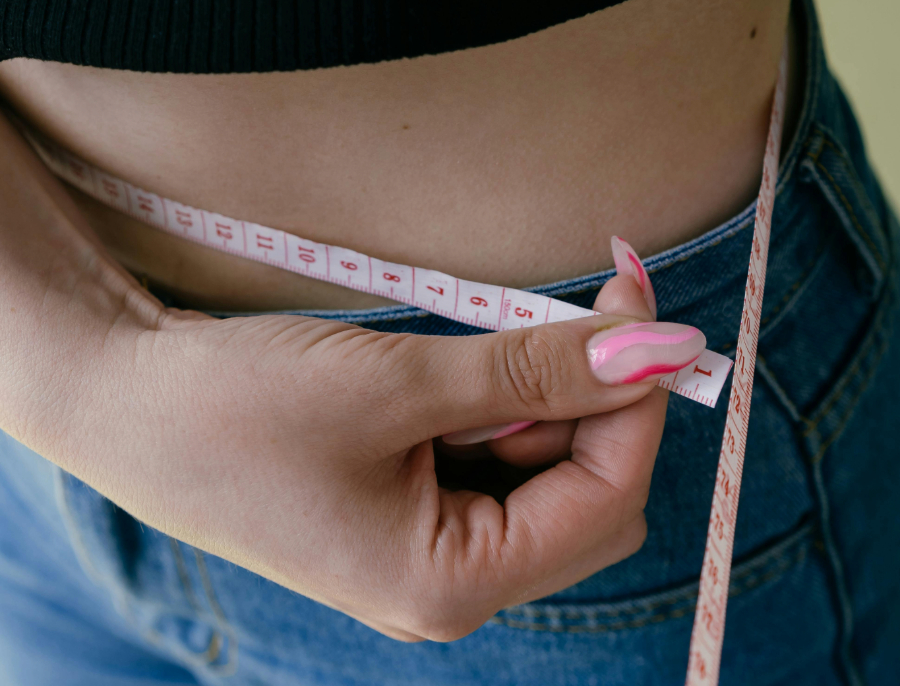It’s Time to Get Real About Microplastics

There’s a new public enemy in the wellness world, and no, it’s not just ultra-processed foods or a lack of sleep. It’s microplastics. These tiny particles have quietly infiltrated our water, our food, and yes—our bodies. If you haven’t been paying attention, now’s the time to start.
In a recent episode of The Art of Being Well, Dr. Will Cole and his team explored the impact of microplastics and PFAS (per- and polyfluoroalkyl substances). As he notes, “The reality is there’s not a lot of transparency in a lot of brands… Not every brand has been looked at from a PFAS content standpoint.” The lack of oversight means that these dangerous chemicals are ending up in everyday products—from clothes and makeup to food storage containers and even contact lenses.
But what’s the real cost of this plastic invasion? And more importantly, what can we do about it?
Why Should We Care About Microplastics?
Microplastics are exactly what they sound like—tiny plastic particles less than five millimeters in size. According to the National Oceanic and Atmospheric Administration (NOAA), microplastics come from larger plastics breaking down over time, microbeads in personal care products, and synthetic fibers from clothing.
It’s not just an environmental issue—it’s a human health crisis. A recent Nature article revealed that these plastics have made their way into our bloodstream, tissues, and even the placenta. Dr. Cole reinforced this concern: “These chemicals are linked to fertility issues, endocrine disruption, autoimmune problems, and even cancers. It is bleak.”
Where Are Microplastics Hiding?
Here’s where Dr. Cole’s team says these particles are most commonly found in everyday life:
- Clothing: Many brands—especially those featuring water-resistant and stain-resistant fabrics—contain PFAS. According to reports, luxury brands like Coach and Michael Kors scored F in transparency, while Levi’s and Dockers earned an A+ for making strides in sustainable practices.
- Cosmetics: If your makeup is waterproof or long-wearing, there’s a good chance it’s loaded with plastic-based chemicals.
- Food storage: Nonstick cookware, plastic food containers, and takeout boxes often contain PFAS that can leach into food.
- Contact lenses: Dr. Cole’s team found that brands like Alcon’s Air Optix contained 20,700 parts per million of PFAS. Meanwhile, a brand called Eyon Lens has emerged as a PFAS-free alternative.
What Are the Health Implications?
What does this mean for your health? Studies show that microplastics and PFAS can accumulate in the body and contribute to various health issues. As Dr. Cole explained, “They’re called forever chemicals because they resist breakdown and are highly mobile in the body.”
Key health concerns include:
- Endocrine disruption: These chemicals can mimic hormones, affecting fertility and reproductive health.
- Neurological effects: Research from Nature has shown that microplastics can travel through the bloodstream and into the brain, potentially contributing to cognitive decline.
- Immune system dysfunction: Microplastics have been linked to increased inflammation, making the body more susceptible to chronic illnesses.
- Gut health issues: PFAS can disrupt gut bacteria, leading to digestion problems and increased sensitivity to foods.
How to Reduce Your Exposure
While microplastics are widespread, there are practical steps you can take to minimize your exposure. Dr. Cole emphasizes a balanced approach: “This isn’t about being perfect or going down a rabbit hole of anxiety. It’s about making small, consistent swaps that add up over time.”
Here’s where to start:
Upgrade Your Food Storage
- Replace plastic containers with glass or stainless steel.
- Use cast iron, stainless steel, or ceramic cookware instead of nonstick.
- Avoid microwaving food in plastic containers.
Filter Your Water
- Invest in a high-quality water filter that removes microplastics and PFAS.
- Look for filters certified by NSF or other third-party testers.
Rethink Your Fashion Choices
- Opt for clothing brands that are transparent about their materials (Levi’s, Patagonia, and H&M are making strides in this area).
- Wash synthetic fabrics in a Guppyfriend bag to reduce microfiber shedding.
Choose Cleaner Beauty Products
- Swap waterproof and long-lasting makeup for brands that use natural ingredients.
- Avoid products with polyethylene (PE), polypropylene (PP), and acrylate copolymers in the ingredients list.
Advocate for Policy Changes
- Support legislation aimed at banning PFAS and microplastics in consumer products.
- Stay informed and push brands to prioritize sustainability.
While microplastics are a reality of modern life, that doesn’t mean we have to accept them. As Dr. Cole puts it, “The body is incredibly resilient. We just have to give it the right tools to heal.” By making conscious choices, we can limit our exposure and protect our health.
Start with one swap today. Small steps add up on the path to a cleaner, healthier life.




















Leave a Reply